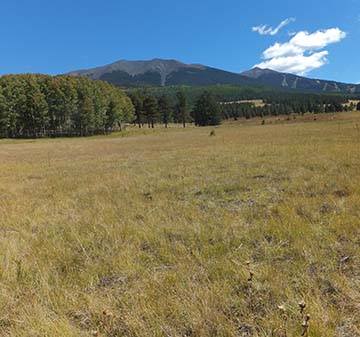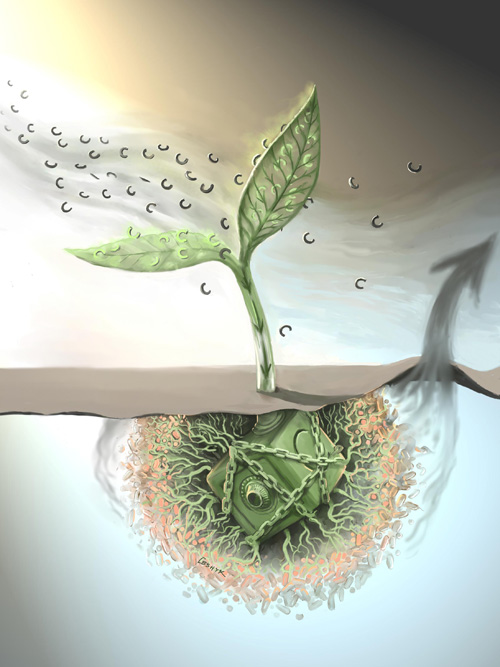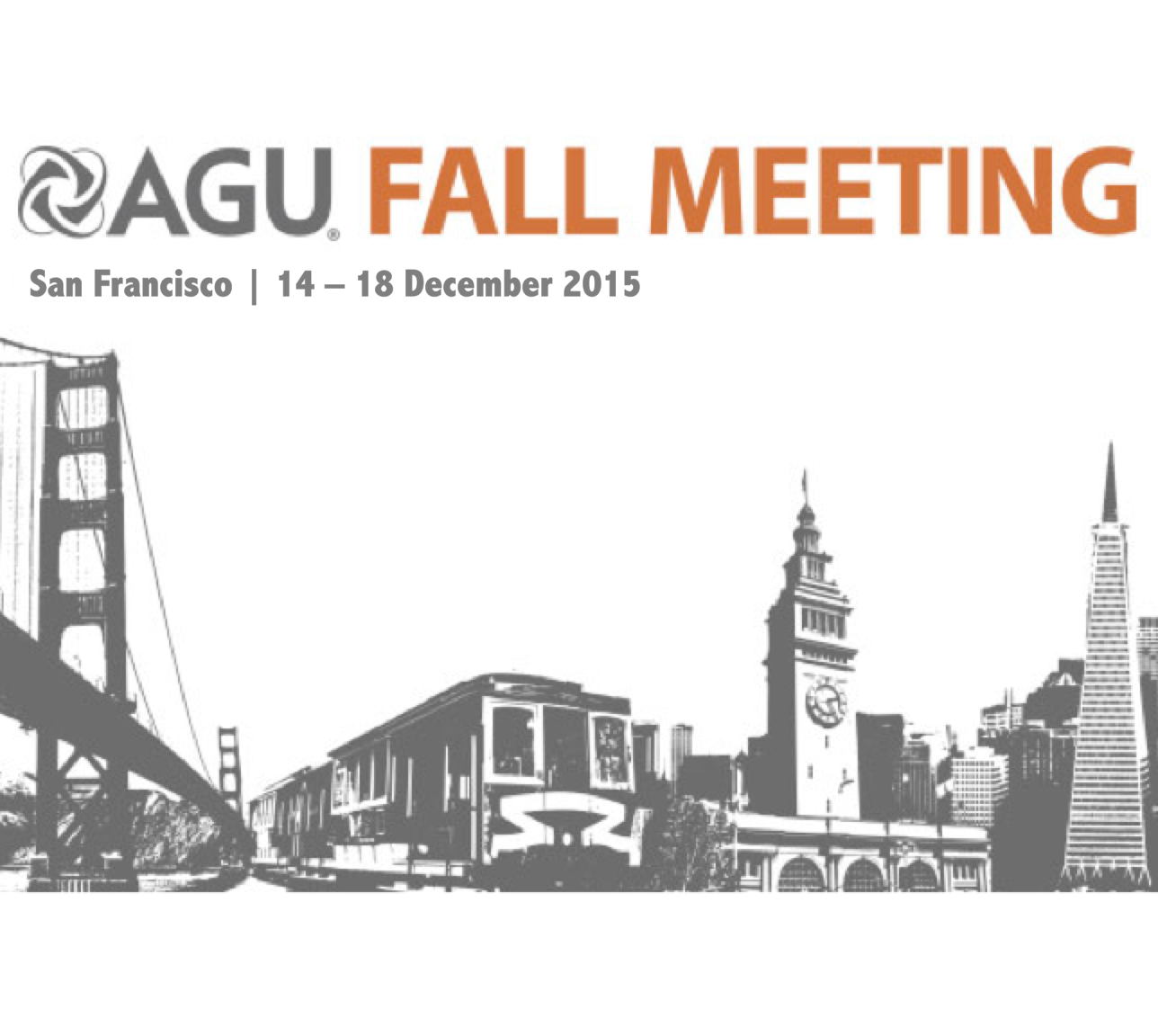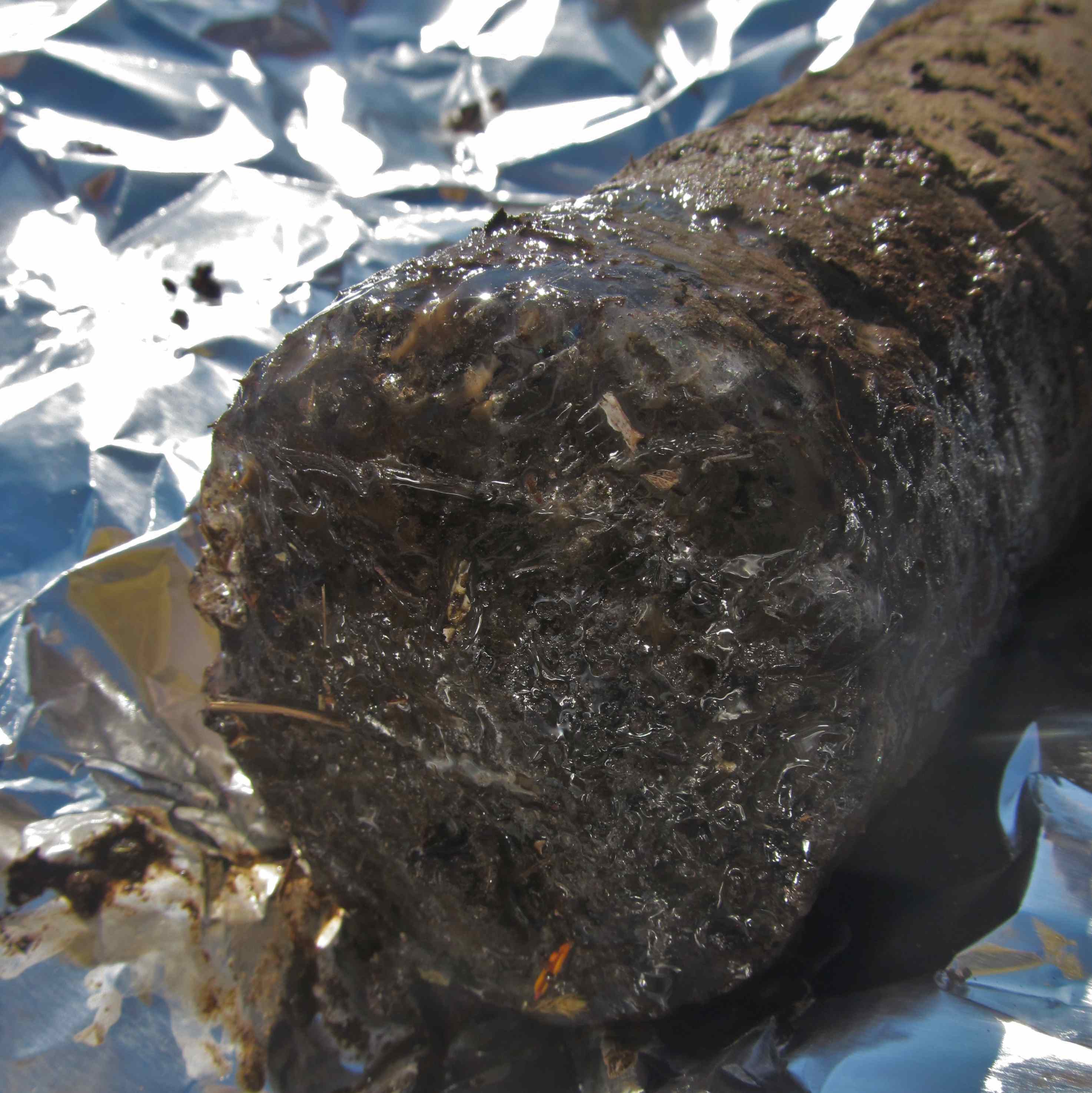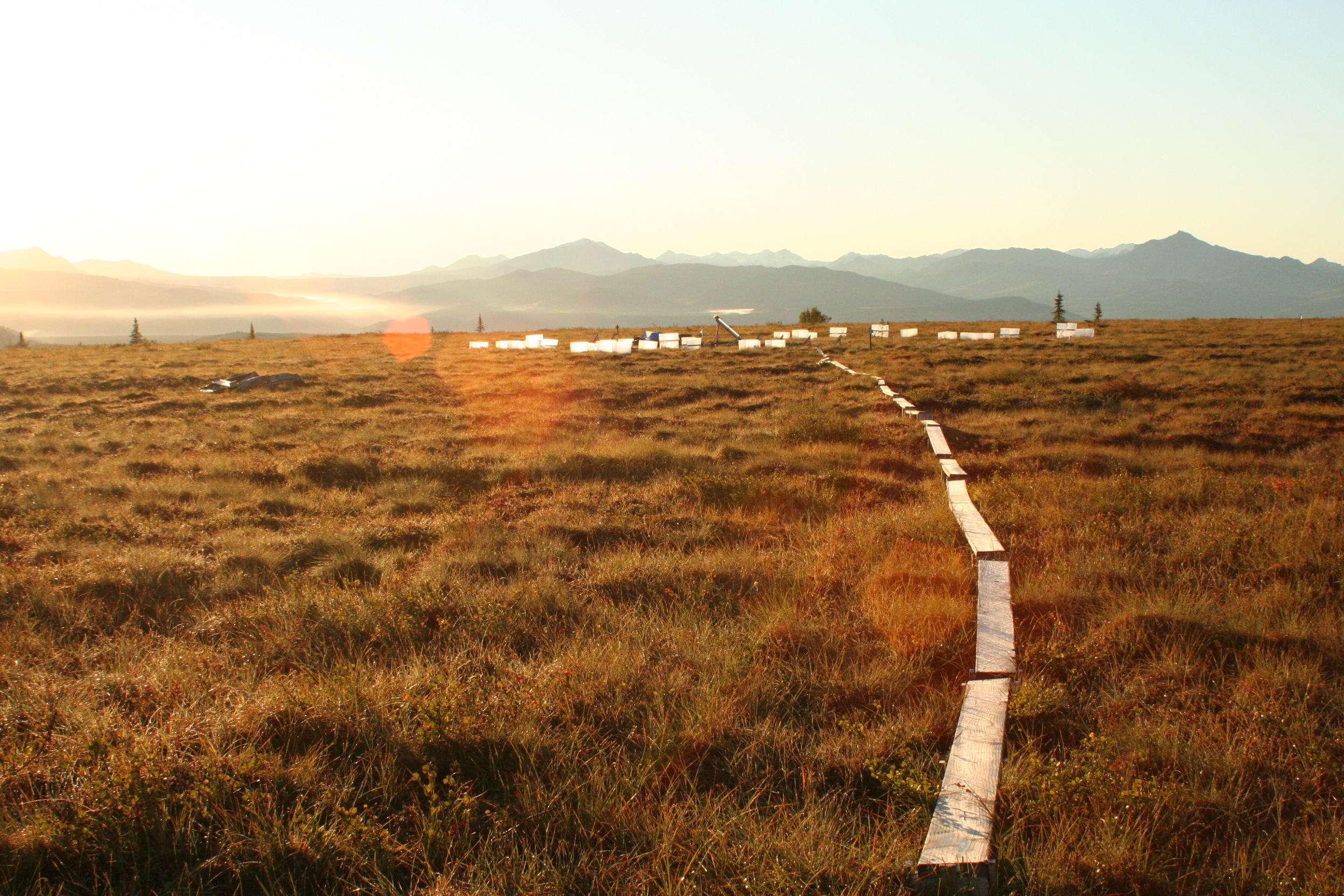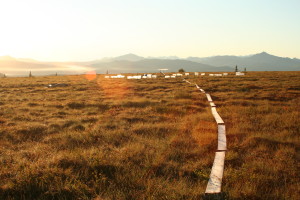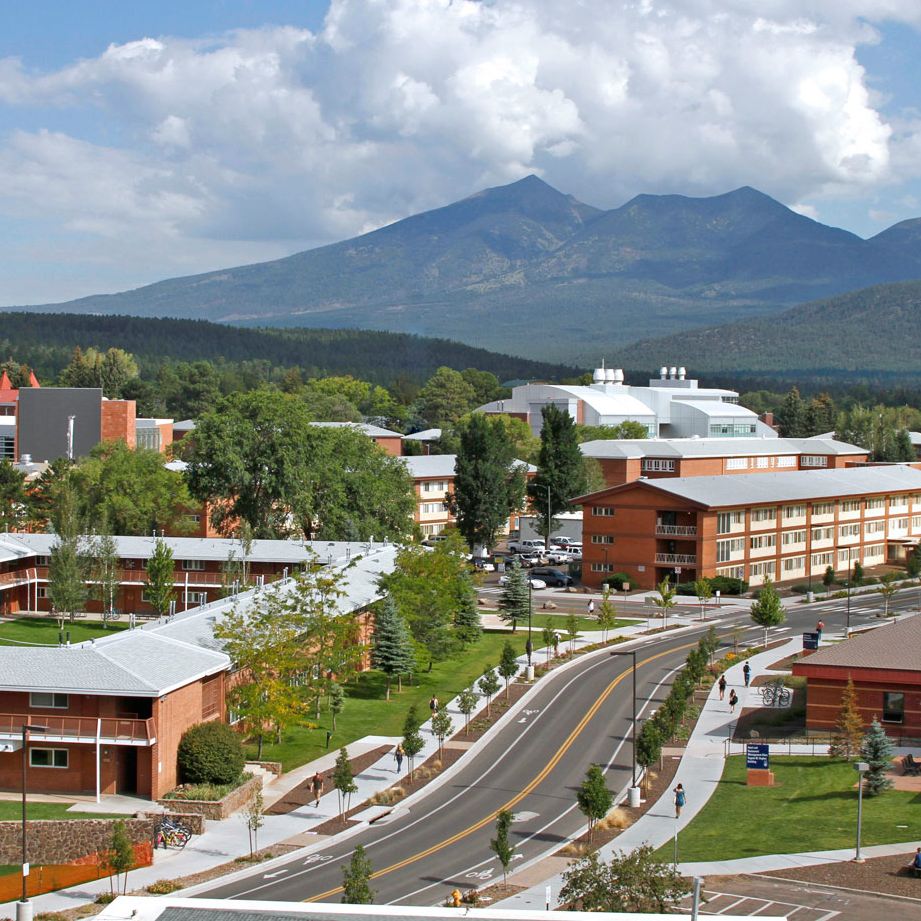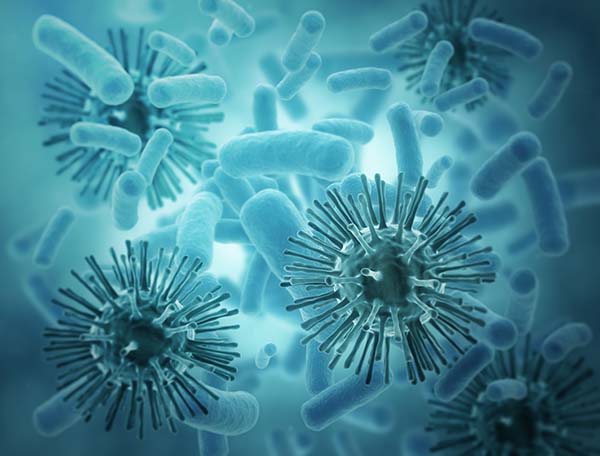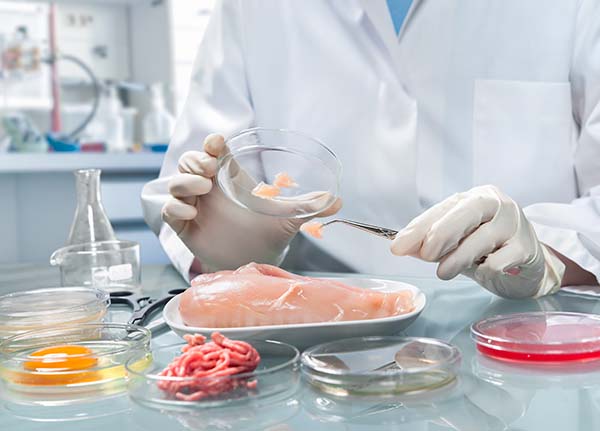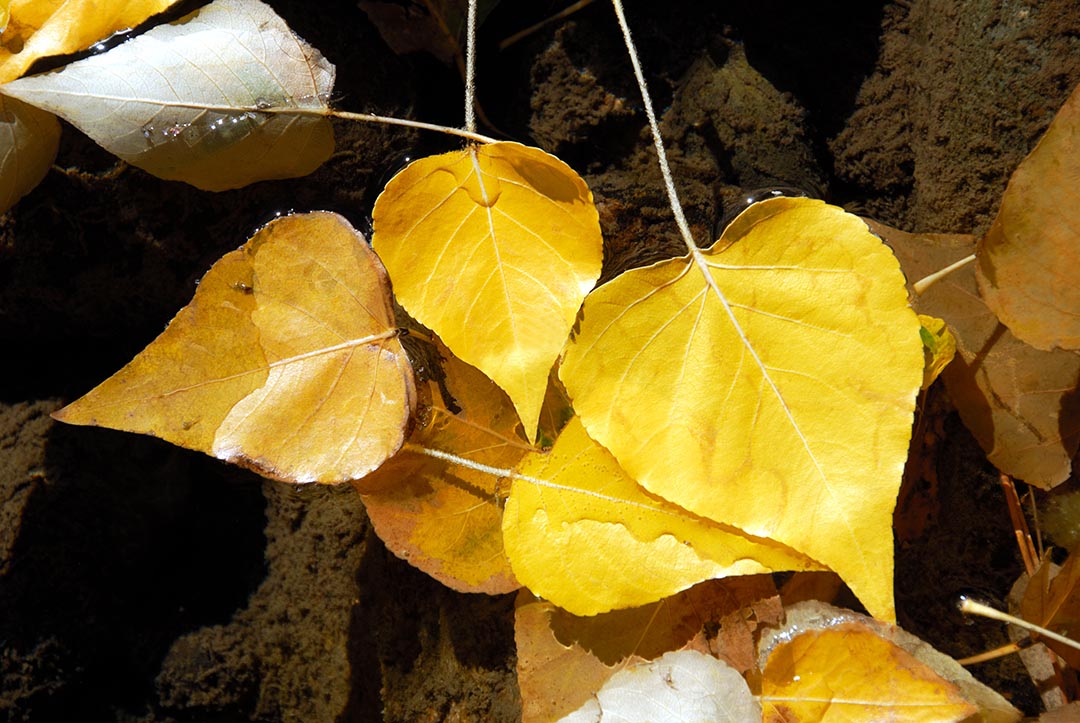Confronting Ecosystem Models with Experiments: Data Assimilation
Overview Using a technique called data-assimilation, we can inform existing ecosystem models with measurements from field experiments. In combination with meta-analysis, this approach becomes a powerful statistical tool to improve our predictions of ecosystem responses to global change. We recently used data-assimilation to study the effect of warming and CO2 enrichment on […]
